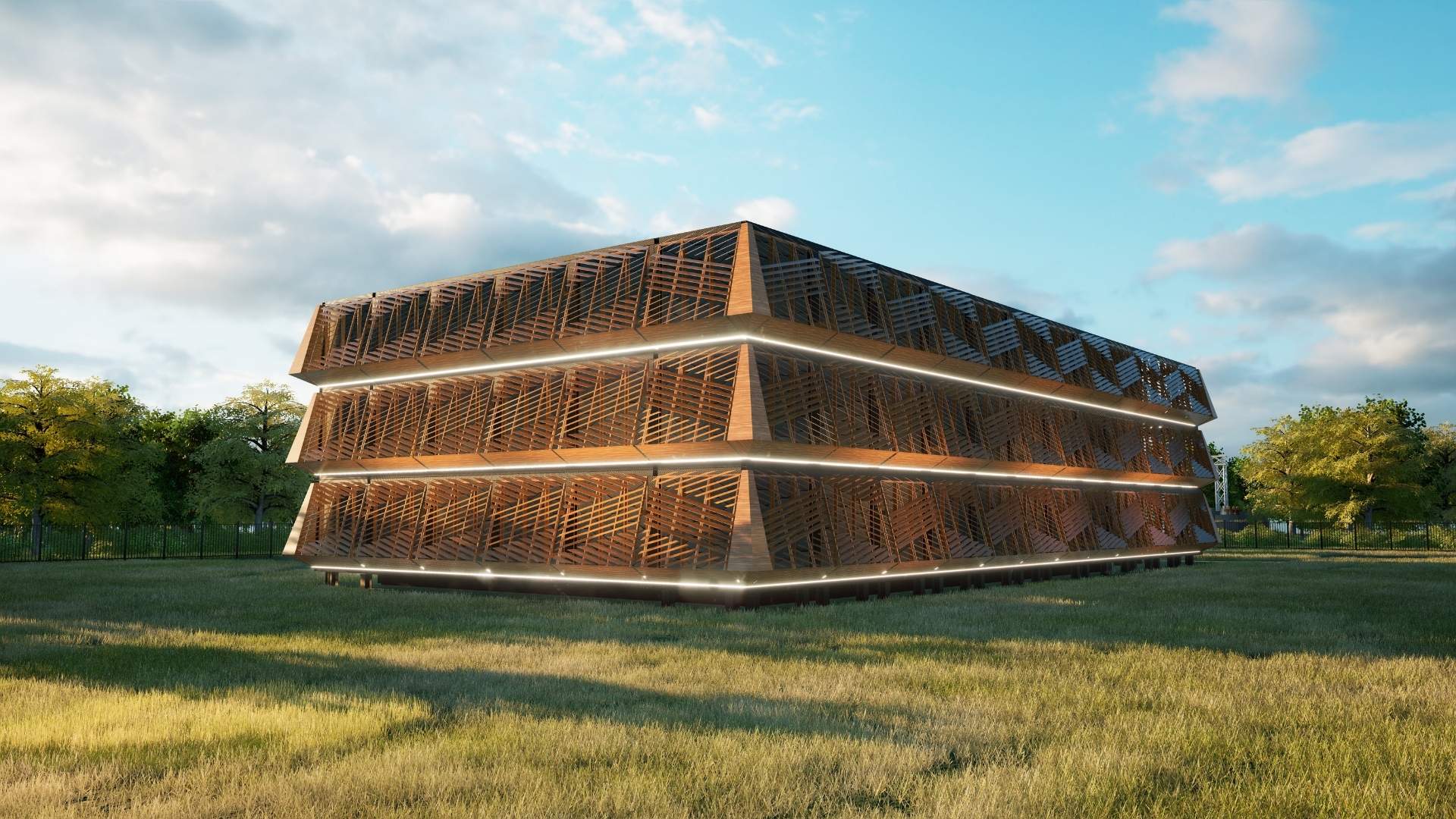The special economic zone represents over 90,000 industrial jobs in sectors from automotive to metallurgy, glassware, and plastics.



Katowicka Specjalna Strefa Ekonomiczna (KSSE) is a leader among special economic zones located in southwest Poland. It was established in June 1966 to support and advance restructuring processes and to generate employment in the region.
Over 540 businesses currently operate in the zone and represent an investment of over EUR 9.6 billion and more than 90,000 industrial jobs in sectors from automotive to metallurgy, glassware and plastics.
KSSE offers approximately 2,750 hectares across 48 communes with 900 hectares available for investors.
KSSE aims to provide a secure supply of carbon-free energy to power their investors’ operations today, and seamlessly scale as their power requirements increase.
The ability to promise on-site baseload power represents a key competitive advantage for the zone as it seeks to continue to attract leading industrial investors.
Last Energy will develop ten 20 MWe power plants with a targeted commissioning date of 2027 and represents USD $1 billion in clean energy and infrastructure.
Last Energy provides full-cycle nuclear project development, including design, construction, financing, and plant operations. The power will be sold under a power purchase agreement (PPA) to customers in the special economic zone.




Last Energy Inc., an Austin-based nuclear startup, plans to test its pilot microreactor on a campus of Texas A&M University as the race for small modular reactors heats up amid growing energy demand for artificial intelligence.

Last Energy Inc., an Austin-based nuclear startup, plans to test its pilot microreactor on a campus of Texas A&M University as the race for small modular reactors heats up amid growing energy demand for artificial intelligence.

The U.S. Department of Energy (DOE) today officially kicked off President Trump’s Nuclear Reactor Pilot Program, announcing DOE will initially work with 11 advanced reactor projects to move their technologies towards deployment. Last Energy was among the 10 companies selected.

The U.S. Department of Energy (DOE) today officially kicked off President Trump’s Nuclear Reactor Pilot Program, announcing DOE will initially work with 11 advanced reactor projects to move their technologies towards deployment. Last Energy was among the 10 companies selected.
.png)
Data center power demand is accelerating, pushing the grid to its limits and prompting tech giants to bet on next-generation nuclear reactors.
.png)
Data center power demand is accelerating, pushing the grid to its limits and prompting tech giants to bet on next-generation nuclear reactors.